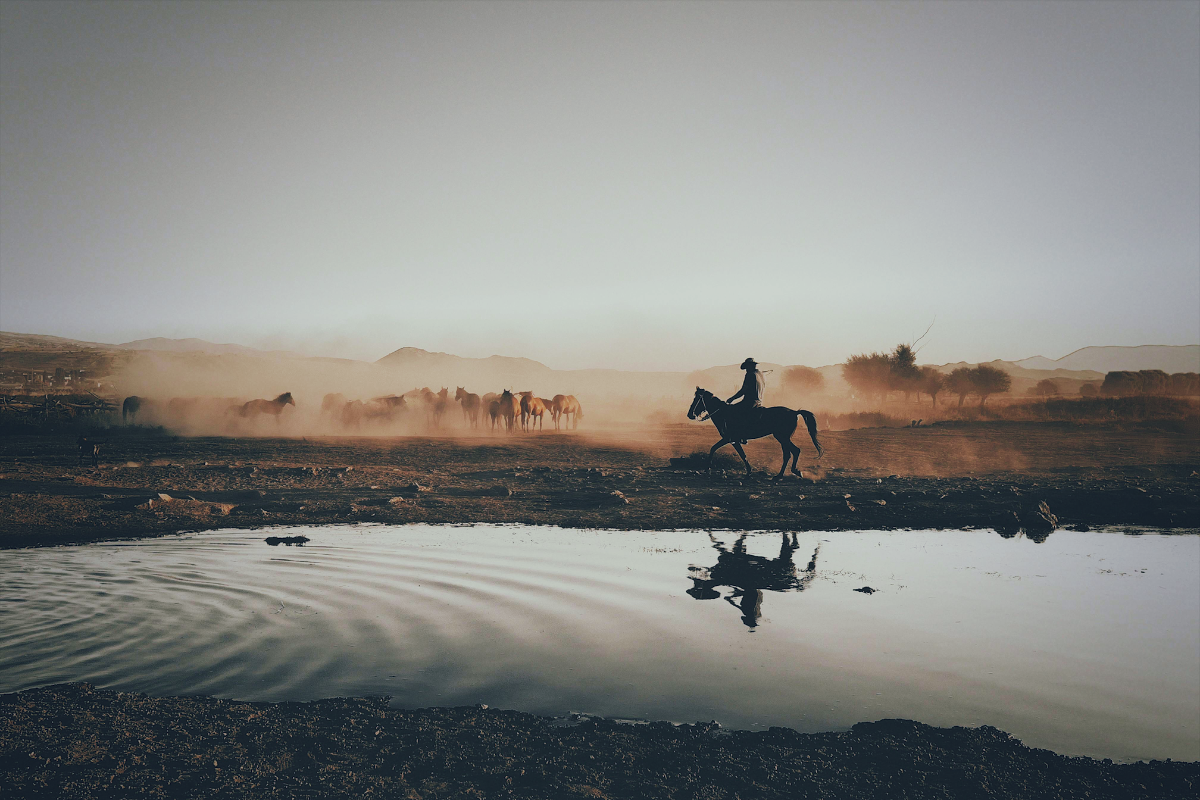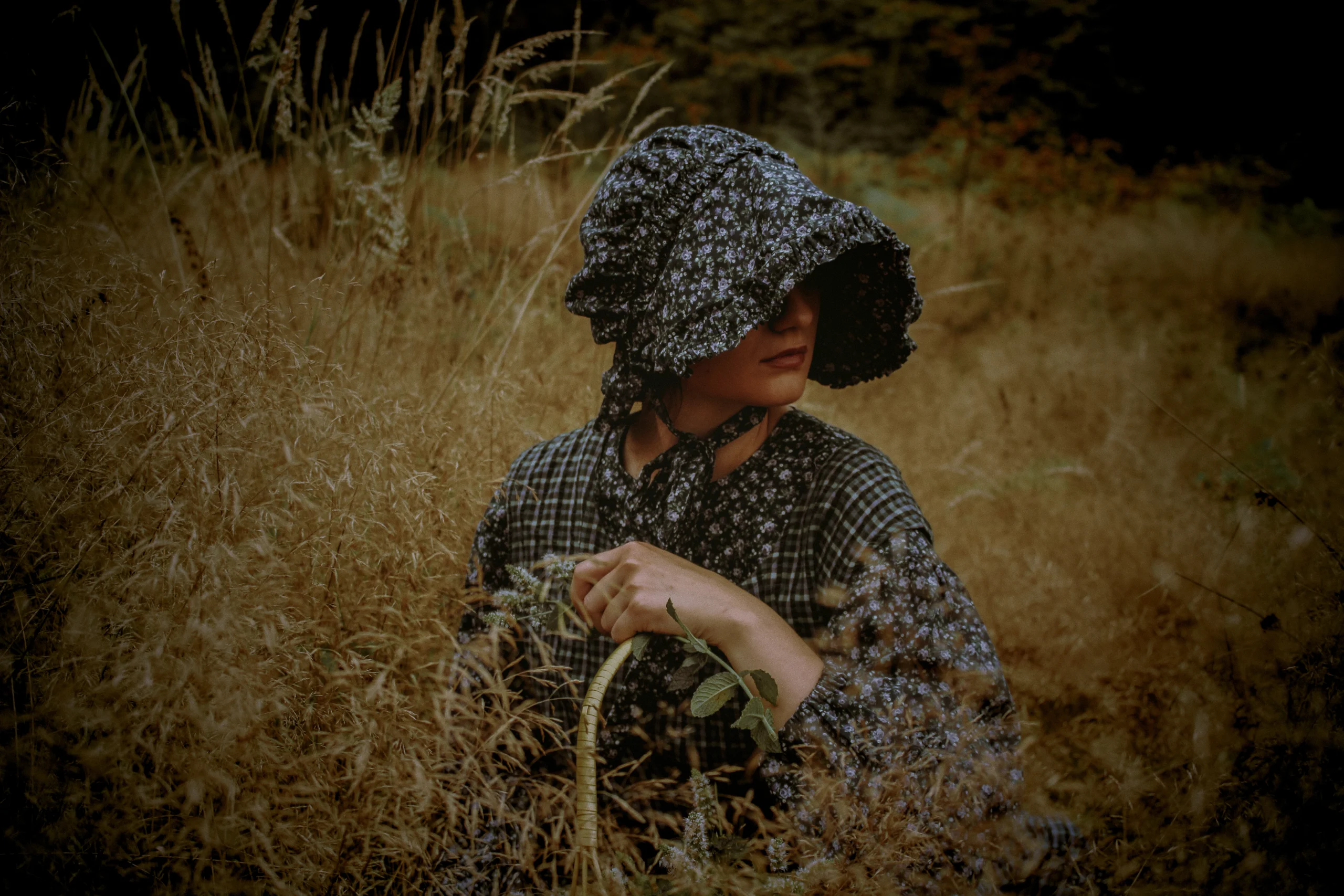Ever wondered how our ancestors survived without the modern conveniences we take for granted? The pioneers of yesteryear thrived in harsh environments using skills that are almost forgotten today. Whether they were traveling the Oregon Trail or homesteading in the wild west. These forgotten pioneer skills are not just historical curiosities; they are vital survival techniques that can save your life in an emergency. Let’s delve into these age-old practices that can help you navigate and survive when the unexpected happens.

Basic Survival Skills
Finding and Purifying Water
Water is essential for survival, and knowing how to find and purify it is crucial. Pioneers often relied on natural water sources like rivers, streams, and rainwater. When in the wild, look for signs of water such as green vegetation, animal tracks, or even flying birds.
Once found, water must be purified to avoid illnesses. Boiling is a reliable method, killing most pathogens. If you don’t have a pot, you can use other techniques like solar distillation, where you use the sun’s heat to evaporate and then condense water, removing impurities.
Starting a Fire
Fire provides warmth, light, and a means to cook food and purify water. Pioneers mastered various fire-starting techniques, from using flint and steel to friction-based methods like the bow drill. Gathering dry tinder and kindling is the first step, followed by gradually adding larger pieces of wood.
Fire is more than a survival tool; it’s a morale booster. The warmth and light from a fire can make a harsh environment feel more hospitable and safe.
Shelter Building
Choosing a Site
The right location is key to building a safe shelter. Look for a flat, dry area away from water bodies to avoid flooding. Consider natural protection from the wind and potential predators.
Types of Shelters
Pioneers used different types of shelters depending on the environment. A lean-to is simple and quick to construct, using branches and leaves. A debris hut offers more insulation, made by piling leaves and debris over a sturdy framework.
First Aid and Medicine
Basic First Aid Techniques
Knowing basic first aid is vital. Pioneers treated wounds with clean water and natural antiseptics like honey or tree sap. Understanding how to splint fractures and treat burns can prevent minor injuries from becoming life-threatening.
Using Natural Remedies
Many plants have medicinal properties. Willow bark, for instance, contains salicin, a natural pain reliever. Learning to identify and use medicinal plants can provide remedies when modern medicine is unavailable.
Navigation Without Modern Tools
Using the Stars and Natural Landmarks
Pioneers navigated using the stars, sun, and natural landmarks. The North Star remains a constant guide in the Northern Hemisphere. During the day, the sun’s position can help determine direction. Familiarize yourself with these methods to stay oriented in the wild.
Creating and Reading Primitive Maps
Drawing simple maps based on natural features can help you remember routes and significant locations. Pioneers often carved maps on bark or drew them in the dirt to communicate routes to others.
Tool Making and Maintenance
Crafting Essential Tools
Creating tools from natural materials is a key survival skill. Pioneers made knives, axes, and fishing equipment from stones, bones, and wood. Learning these skills ensures you have the necessary tools for survival tasks.
Maintaining Tools in the Wild
Keeping tools sharp and in good repair extends their usability. Simple techniques like using a stone to sharpen a blade or creating makeshift handles can keep your tools functional.

Food Procurement
Foraging for Edible Plants
Foraging is a skill that requires knowledge of local flora. Many plants are edible and nutritious, but some are poisonous. Learn to identify safe plants such as dandelions, wild onions, and berries. Seasonal foraging ensures you harvest plants at their peak nutritional value.
Hunting and Trapping
Hunting and trapping were essential for pioneers to procure meat. Simple traps and snares can be made from natural materials. The figure-four trap and the snare are effective for catching small game. Always consider the ethical aspects of hunting, taking only what you need and respecting wildlife.
Clothing and Fabrication
Making and Repairing Clothing
Pioneers crafted clothing from animal hides and plant fibers. Knowing how to tan hides and weave plant fibers can provide durable clothing. Repairing clothes with natural materials extends their life and functionality.
Creating Ropes and Cords
Ropes and cords are essential for many tasks. Learning to twist plant fibers or animal sinews into strong ropes can aid in building shelters, traps, and more.
Communication and Signals
Primitive Communication Methods
Pioneers used signal fires, smoke signals, and markings to communicate over distances. Learning these methods can help you signal for help or communicate with others when modern devices fail.
Creating Distress Signals
Simple distress signals like SOS (three short, three long, three short signals) can be created with sound, light, or markings. Knowing these signals can attract rescuers in an emergency.
Mental and Emotional Resilience
Importance of Mindset in Survival
A strong mindset is crucial for survival. Pioneers faced many hardships, but their resilience kept them going. Techniques like meditation, visualization, and maintaining a positive outlook can help you stay calm and focused.
Techniques to Stay Calm and Focused
Practice deep breathing, mindfulness, and breaking tasks into manageable steps. These techniques reduce stress and improve your ability to handle survival situations.
Community and Cooperation
Building a Survival Community
Surviving alone is tough; having a community increases your chances. Sharing skills and resources, providing mutual support, and working together can make survival more manageable.
Sharing Skills and Resources
Teach others what you know and learn from them. This exchange of knowledge and resources strengthens the community and enhances everyone’s survival skills.
Applying Pioneer Wisdom Today
Reconnecting with Essential Skills
In our modern, technology-driven world, we often rely on conveniences that distance us from basic survival skills. However, applying pioneer wisdom today can significantly enhance our self-sufficiency and resilience. By integrating these timeless skills into our daily lives, we can foster a deeper connection with nature, reduce our dependence on technology, and be better prepared for emergencies.
Regular Practice and Skill Maintenance
One of the key aspects of utilizing pioneer wisdom is regular practice. Just like any other skill, survival techniques require consistent effort to master and maintain. Here are some practical ways to incorporate pioneer skills into your routine:
- Weekend Bushcrafting: Dedicate weekends or holidays to practicing bushcraft. Set up a camp in your backyard or a nearby forest and try out various survival techniques such as fire-making, shelter-building, and foraging.
- Join Survival Groups: Many communities have groups dedicated to bushcraft and survival skills. Joining such groups can provide a supportive environment to learn and practice these skills regularly.
- Attend Workshops and Courses: Look for local workshops or online courses that teach pioneer skills. These structured learning environments can offer hands-on experience and expert guidance.
- Gardening and Foraging: Start a small garden to grow your own food. Learn to identify and forage edible plants in your area. This not only provides fresh produce but also hones your knowledge of local flora.
Self-Sufficiency and Resource Management
Pioneers were masters of self-sufficiency, making the most of available resources. By adopting their mindset, we can reduce waste and live more sustainably:
- DIY Projects: Embrace do-it-yourself projects to create tools, furniture, or clothing. This not only saves money but also builds practical skills.
- Upcycling and Repairing: Instead of discarding broken items, learn to repair and upcycle them. This reduces waste and makes you more resourceful.
- Minimalist Living: Pioneers traveled light, carrying only what was necessary. Adopting a minimalist lifestyle can help you focus on essentials and appreciate what you have.
Conclusion
The forgotten skills of pioneers are more than historical footnotes; they are practical techniques that can save your life. From finding water and food to building shelters and staying mentally resilient, these skills equip you to handle emergencies. By learning and practicing these skills, you not only honor the legacy of pioneers but also ensure your preparedness for any challenge.